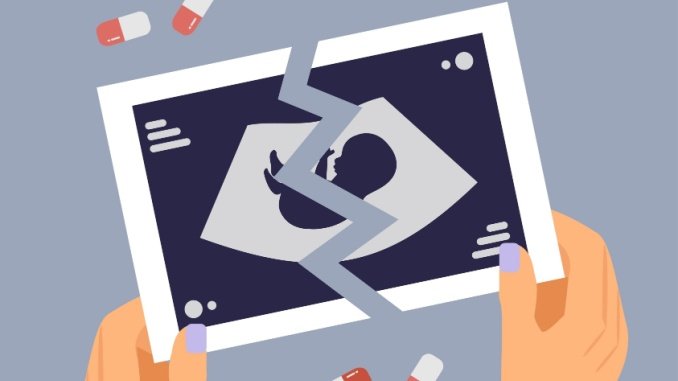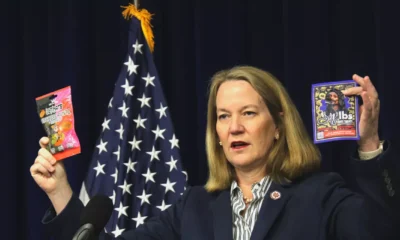abortion
Proposition 139: A Grim Fate for Unborn Lives

By Katarina White |
The Arizona Supreme Court has ignited a contentious debate with its recent ruling regarding Proposition 139, a measure that could allow abortions up to the moment of birth. This decision has not only shaped the ballot language but has also called into question the broader implications of how society perceives the unborn. Opponents of the proposition assert that the inclusion of the term “unborn human being” highlights the humanity of those affected, pushing voters to confront the reality of abortion as a life-and-death issue.
The Arizona Abortion Access Campaign fiercely opposes this terminology, arguing it skews the voters’ understanding of the proposition and paints a biased picture of abortion. They argue that such language, purportedly shaped by anti-abortion advocacy, manipulates public perception. However, this contention raises an essential question about the responsibility of language in moral discourse, particularly in matters involving life.
Scientific consensus delineates the start of human life at fertilization, as noted in Keith L. Moore’s work on embryology. The uniqueness of each individual’s DNA develops immediately, affirming that denying this fact can only serve a political narrative. Many draw parallels between today’s discourse surrounding abortion and historical examples of dehumanization, such as slavery and the Holocaust, where those in power redefined the humanity of others for their own purposes.
Spokesperson Dawn Penich argues that labeling the unborn as “human beings” could mislead voters, implying unfairness in the ballot process. This perspective challenges the significance of acknowledging biological realities. It invites a reflection on the ethical responsibilities that accompany enfranchisement and civic decision-making.
The stakes of this debate resonate profoundly within historical contexts of dehumanization. The language of oppression has often served to sanitize grave injustices, minimizing the perceived humanity of victims. As Arizona voters prepare to engage with this ballot measure in November, they are faced with a pivotal choice regarding the recognition of life at all stages. This decision raises crucial questions about society’s values and its legacy regarding human rights.
Proposition 139 transcends a mere policy discussion. It poses an existential question about the moral compass of our society. Will we endorse the quiet elimination of life, or will we affirm the sanctity of existence for all, irrespective of their stage of development? As this critical moment approaches, the challenge remains: to confront the truth that every human life, regardless of how small or vulnerable, warrants recognition and dignity.


















